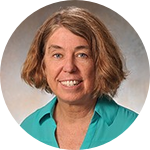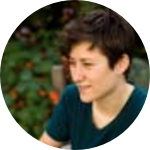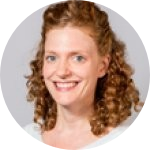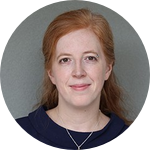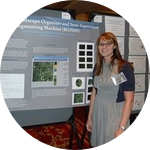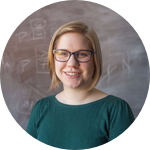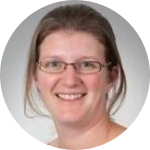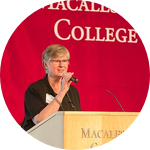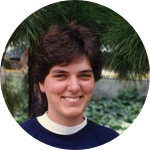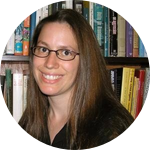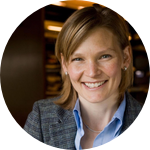Project Results
We quantified gender representation on editorial boards of 435 mathematical sciences journals. Using a combination of automated tools and crowdsourcing, we determined that 8.9% of the of the 13,067 math editorships in our sample are held by women, in comparison to 16% amongst faculty in mathematical science departments that grant doctoral degrees. Our analysis also detected subgroups (e.g., journals, publishing houses, and countries) that are statistical outliers, having significantly higher or lower representation of women than the background level.
About This Project
Women are grievously underrepresented in the mathematical sciences. Because publication of research is key to academic career advancement and because research has repeatedly uncovered gender bias penalizing women in professional circumstances, we use tools of data science to study 600 mathematical sciences journal editorial boards. We quantify gender representation on these boards and examine its association with characteristics such as impact factor, publishing house, and mathematical subfield.
Ask the Scientists
Join The DiscussionWhat is the context of this research?
By many measures, gender balance in the mathematical sciences is not improving. For example, the percentage of female mathematics Ph.D. recipients has been fluctuating around 28% for 15 years. Currently, women account for 15% of faculty in mathematics departments at doctoral degree granting institutions, and merely 11% at the tenured level. [See these statistics from the U.S. government and from the American Mathematical Society.]
What is the significance of this project?
Because research publication is crucial for placement in and advancement through careers at academic institutions of many types, it is crucial to examine the representation of women on the editorial boards that determines the final acceptance or rejection of research articles. Indeed, it has been hypothesized that editorial boards may operate in a biased manner, and furthermore, that gender imbalance on these boards deprives women of valuable professional experiences, thus hindering their social-professional networks. Few studies of editorial board gender makeup have been performed; a handful of examples come from the fields of management, medicine, and archaeology. To our knowledge, systematic data in STEM fields is nonexistent, and this includes the mathematical sciences.
What are the goals of the project?
In the first stage of our work, we use crowdsourcing to gather 600 journal editorial boards, including each editor's name, title (e.g., Associate Editor), institutional affiliation, and address. In the second stage, we use crowdsourcing to classify the gender of each editor. We will analyze our data set to quantify gender balance and examine associations with mathematical subfield, journal impact factor, and more.
We have already performed pilot studies demonstrating that both stages of work can be carried out using the Amazon Mechanical Turk (MTurk) platform. Once funded, we estimate completing data collection within 2 weeks, and an additional 1 - 2 months to analyze data and write up results. To share our work with the public, we will submit it to a rapid-publication, open-access venue.
Budget
Information about editorial boards is stored in a variety of formats on the Internet, including .html pages, .pdf files, and spreadsheets. Thus, it is impractical to automate the task of gathering this data. Instead, we use the crowdsourcing platform Amazon Mechanical Turk (MTurk) to perform HITs (human intelligence tasks) to gather and validate this data. With approximately 13,000 editorial board members names gathered from 600 journals, we must then determine gender. This can be accomplished by searching for pictures of each editor or text that refers to the editor using gendered pronouns. We again use MTurk. For validity, the gender of each board member must be classified by multiple individuals.
MTurk is a for-fee service. Macalester College has generously granted us some funds for our project, but they are not sufficient to cover our MTurk costs. We cannot complete data collection without the budget to purchase additional MTurk HITs.
Endorsed by
Meet the Team
Chad Topaz
Professor of Mathematics Chad Topaz (A.B. Harvard, Ph.D. Northwestern) is an applied mathematician at Macalester College. His research in nonlinear dynamics, pattern formation, and complex systems has been supported continuously by the National Science Foundation since 2006. Chad's honors include a New Directions Research Professorship at the Institute for Mathematics and its Applications (the first given to a liberal arts college faculty member), a Kavli Frontiers Fellowship from the National Academy of Sciences, a Board of Trustees Award from Macalester College, and the 2013 Outstanding Paper Award of the Society for Industrial and Applied Mathematics, given to three publications selected from the pool of 16 SIAM journals over the prior three years.
Chad's teaching career stands on an intense passion for human learning, on scrupulous attention to learners’ needs and challenges, and on the belief that education is both an art and a science. He has won UCLA's Robert Sorgenfrey Distinguished Teaching Award in mathematics and Macalester College's Rossmann Excellence in Teaching Award. With teaching interests including calculus, scientific computing, differential equations, mathematical modeling, and complex analysis, Chad also has created a seminar for first year students called "Death, Devastation, Blood, War, Horror, and Mathematics." One of his greatest fulfillments has been the melding of his teaching and research lives in the sphere of undergraduate research. He has advised over 70 summer research, capstone, independent study, and honors experiences, with approximately 50% of these for women and members of other underrepresented groups. Chad has been invited to speak about curriculum and/or pedagogy to audiences such as the Annapolis Group, the New York Six Colleges, the Associated Colleges of the Midwest, the Minnesota Private Colleges Council, as well as numerous college and university mathematics departments.
More at: http://www.chadtopaz.com
Shilad Sen
Associate Professor of Computer Science Shilad Sen (B.A./B.M Northwestern, Ph.D. University of Minnesota) builds systems that empower people to be better contributors to online communities and studies inequalities in user generated content. His research draws on techniques from data-mining, interface design, and social science to encourage members to contribute better content to their communities, and enable communities to identify high-quality contributions from members.
Dr. Sen received his Ph.D. under John Riedl at the University of Minnesota from GroupLens Research. He has extensive industry experience including six years at a startup that built movie recommenders, and experience at Google, IBM Research, Target Corporation, and Thomson Reuters R & D.
When not teaching or researching, Shilad plays jazz saxophone, plays squash, and spends time with his wife Katy, son Sidney, and daughter Stella.
More at http://www.shilad.com
Additional Information
Statistics on gender representation in all fields aggregated (blue) and mathematical sciences (red) at the level of bachelor's degree recipients (dotted), doctoral degree recipients (dashed), and faculty and doctoral-granting institutions (solid). Data come from a variety of sources, including the National Center for Education Statistics and the American Mathematical Society.
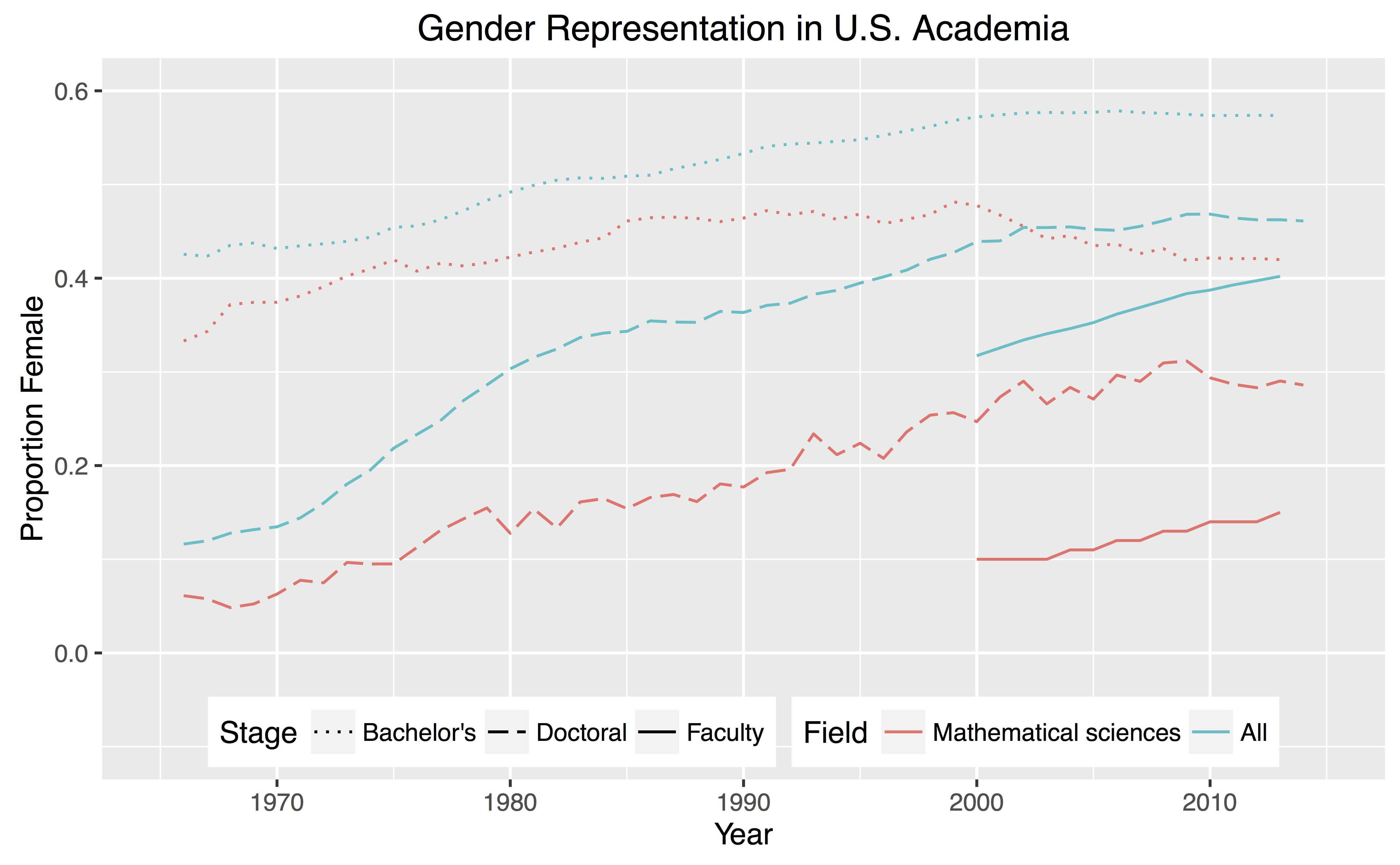
Project Backers
- 145Backers
- 125%Funded
- $7,515Total Donations
- $51.83Average Donation
